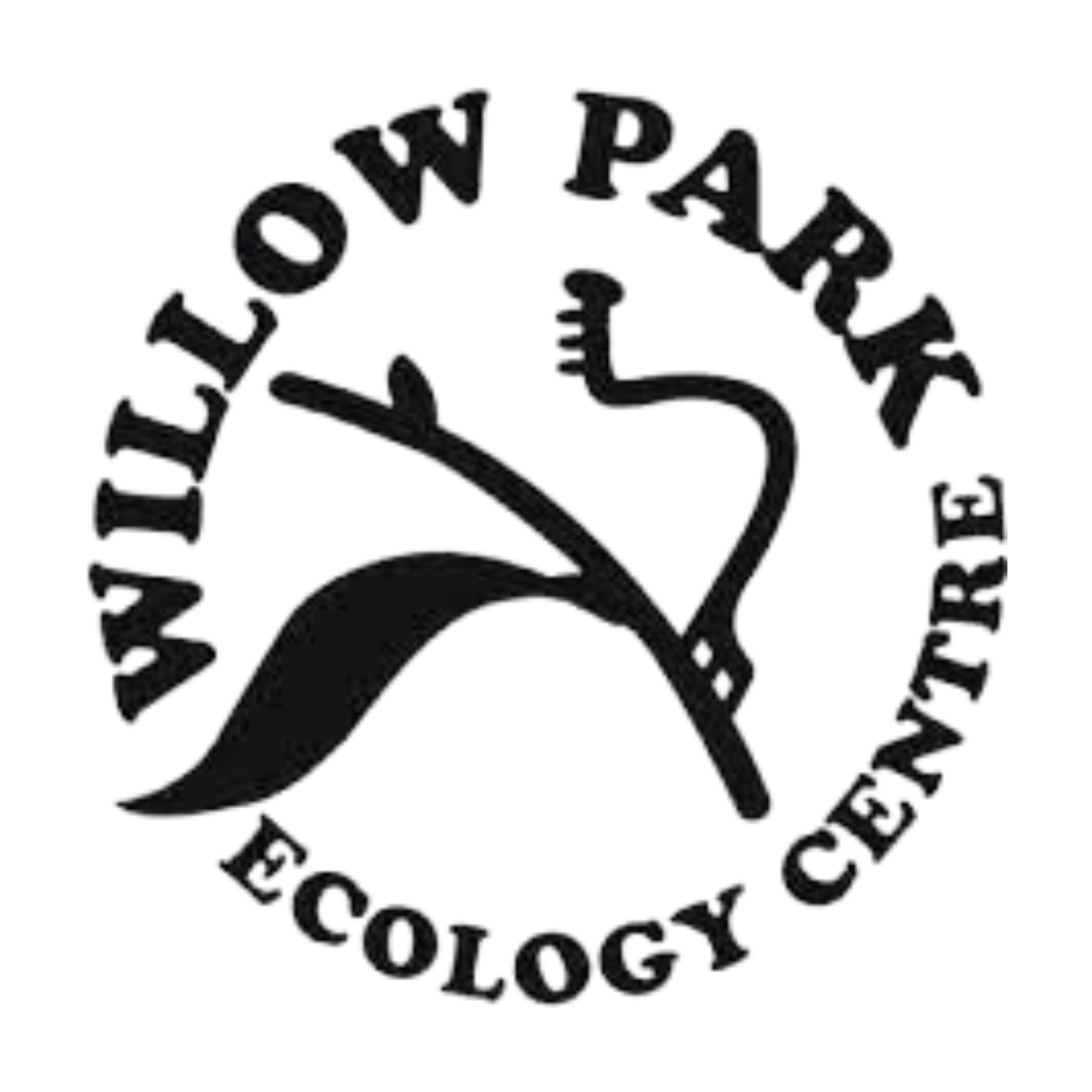Explore Curriculum-Aligned Nature Learning
Discover engaging science curriculum-linked programs developed for students from Kindergarten to Grade 9. Our hands-on field trips inspire curiosity, foster a love for nature, and promote ecological literacy.
Flexible Scheduling
Programs are customized to fit your group’s needs for learning goals and class dynamics, with options for 2.5 to 5 hour field trips. And year-round availability for outdoor, or in-school/schoolyard, programs.
Ready to Book?
Ready to plan your trip? Fill out our Contact Form.
If you have questions, send an email to willowparknorval@gmail.com.
-
In-Park: Explore seasonal ecology with activities like pond life observation, seed planting, and animal tracking.
In-School: Discover local ecosystems through fun, hands-on learning in your schoolyard or a nearby park.
-
In-Park:
Option A: Investigate aquatic habitats and how human actions affect water quality.
Option B: Dive deeper into pond and creek life through hands-on experiments.
In-School: Explore water systems and conservation with interactive classroom activities.
-
In-Park:
Option A: Study soil science and help plant or harvest gardens.
Option B: Learn about food production through hands-on gardening activities.
In-School: Experiment with soil samples and study plant use through interactive presentations.
-
In-Park:
Option A: Explore pond and stream habitats, identify plants and animals, and construct food chains.
Option B: Investigate field and forest habitats, identifying local species and food chains.
In-School: Study local habitats and their ecosystems through classroom-based activities.
-
In-Park:
Option A: Experiment with renewable energy like solar or wind power.
Option B: Learn about historical energy use through interactive role-play.
In-School: Both options are available for classroom sessions year-round.
-
In-Park: Compare aquatic and terrestrial biodiversity through fieldwork and identification exercises.
In-School: Develop skills to analyze local biodiversity and create conservation action plans.
-
In-Park: Explore ecosystems, native tree species, river systems, and stewardship.
In-School: Conduct a walking field trip to study nearby habitats.
-
In-Park: Study river systems, watershed ecology, and human impacts on water resources.
In-School: Learn about water systems and sustainability through classroom-based activities.
-
In-Park: Students learn about how biodiversity (and ecosystems) are supported by the ravine’s geography, the role of community-based restoration and stewardship. Activities may include: guided discovery of watershed riparian zone; trail walk to learn native trees of S. Central Ontario, a tree study (and/or plantings) to gain knowledge about climate change and our role as stewards.
In-School: Through collaboration with school teacher we develop a customized version of In-Park based on local, nearby nature spaces with classroom-based support activities, as needed.


